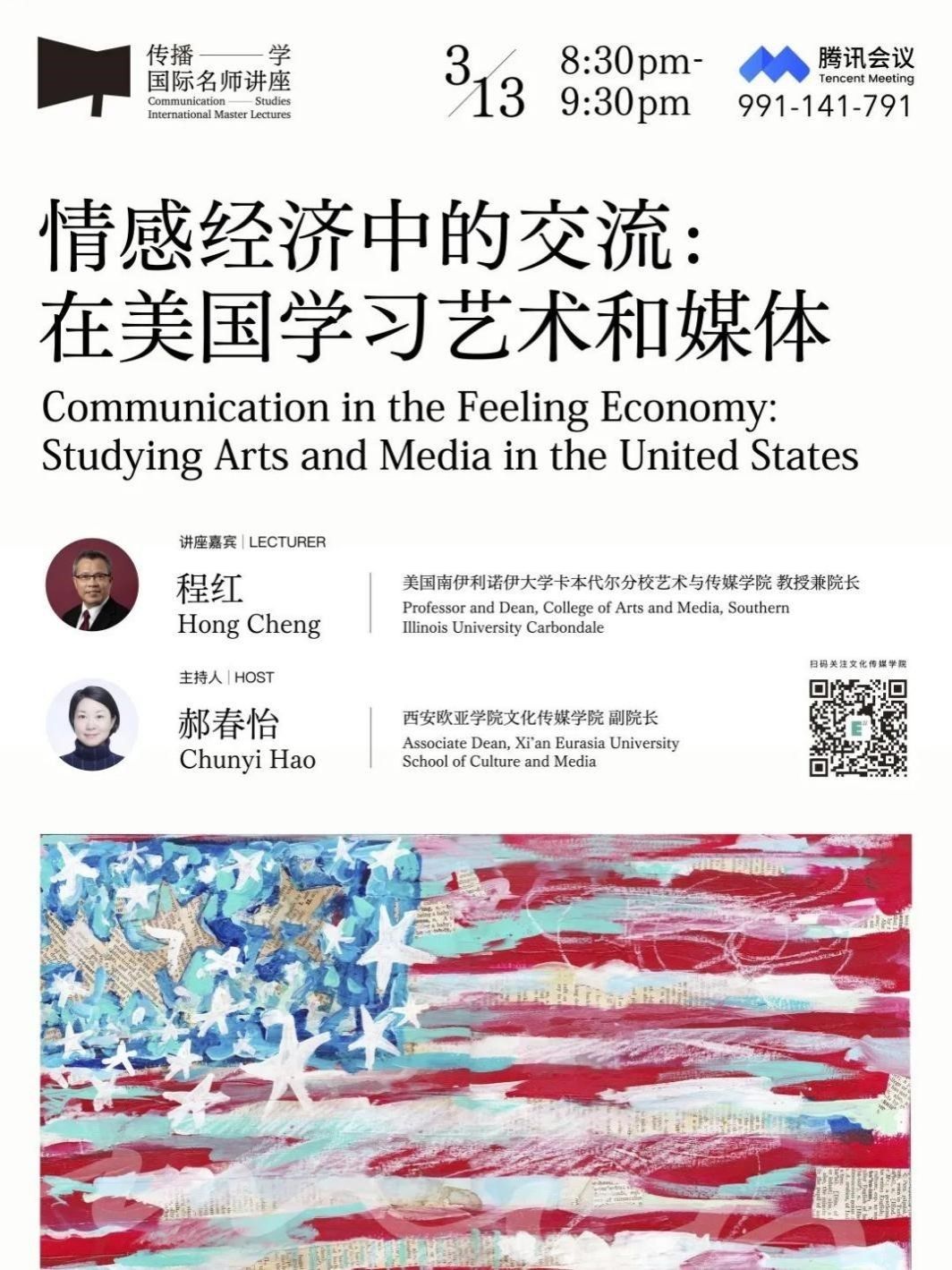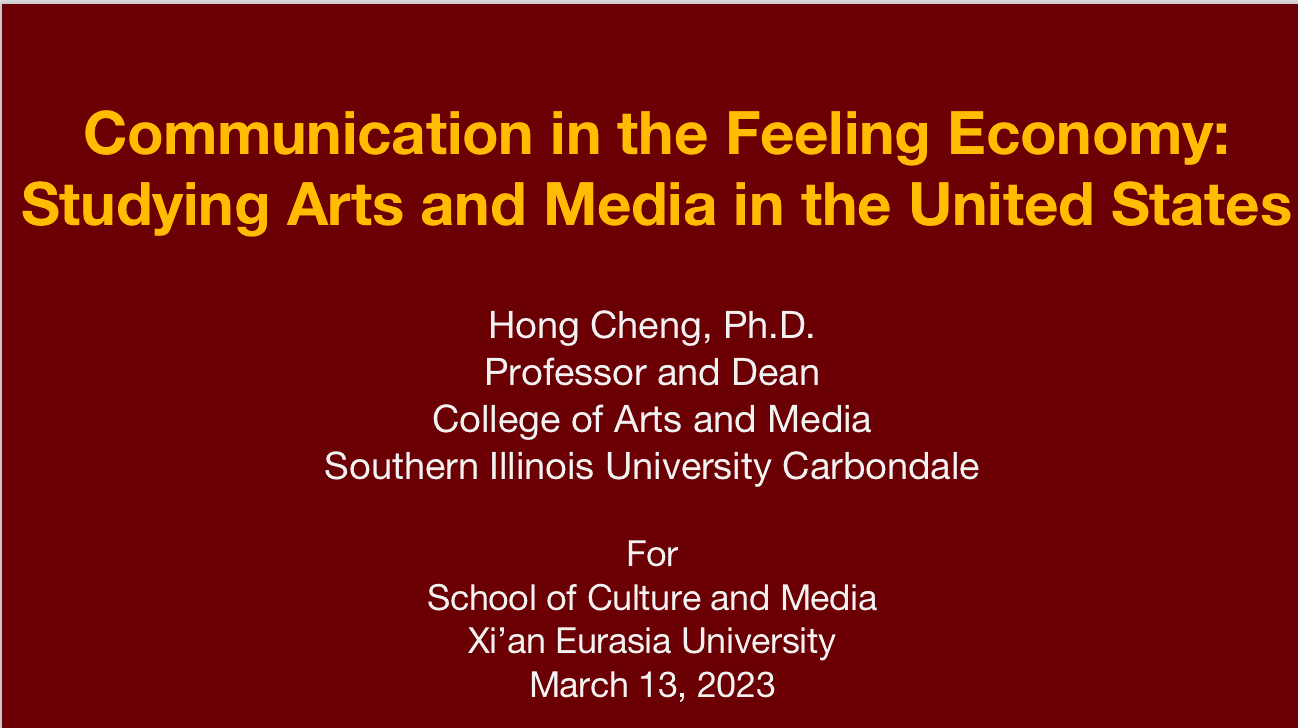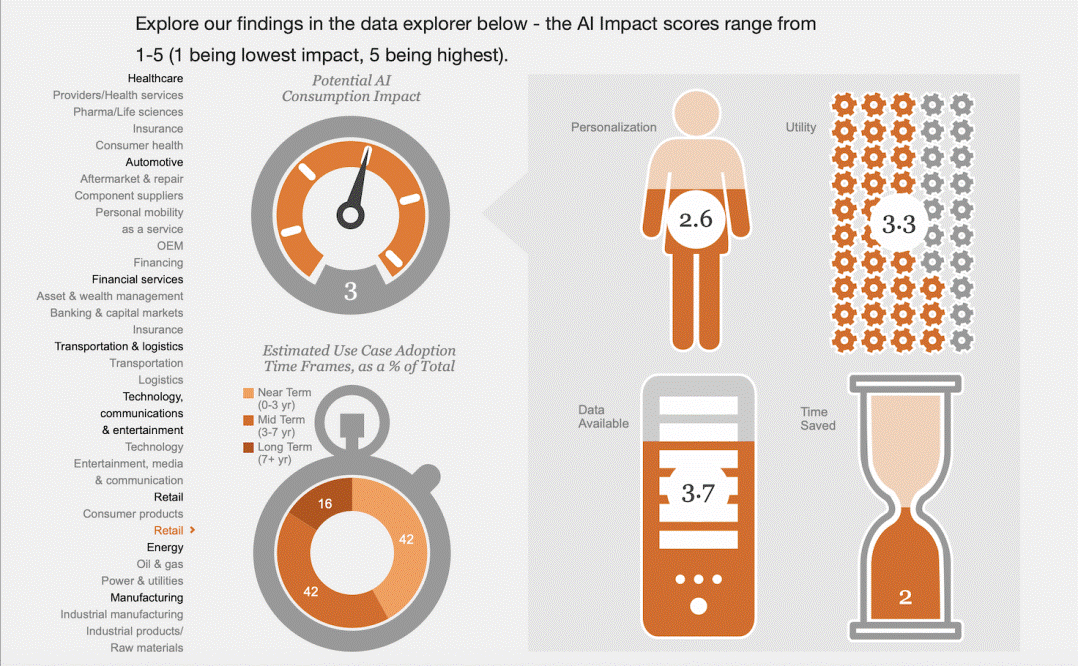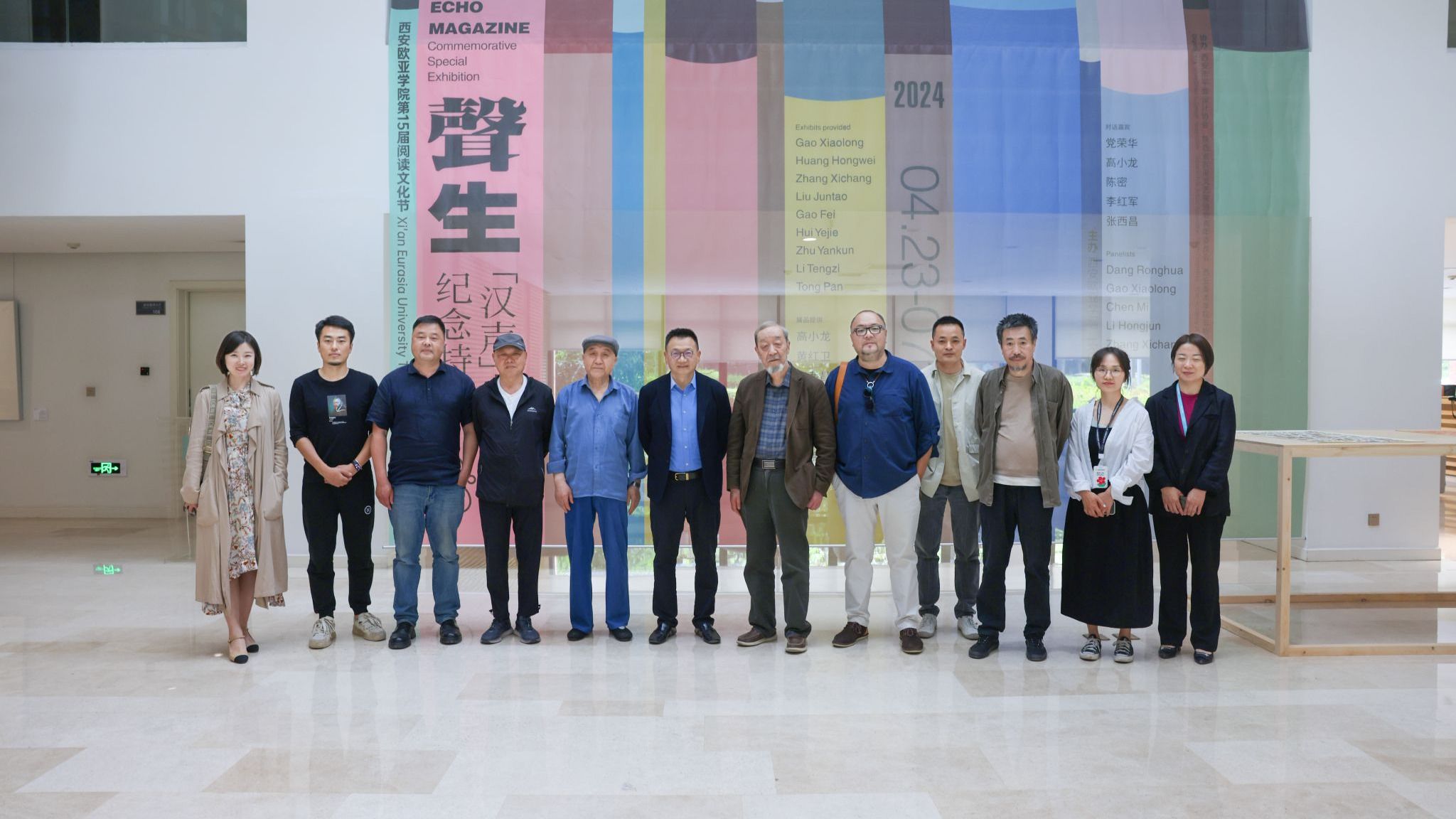AI (artificial intelligence), as a trending technology topic currently, has presented diverse developments in the media field. The advent of the AI era has brought new opportunities and challenges for media education, the rapid iteration of new media technologies, and cutting-edge technologies have permeated all aspects of media education and the media industry. Emotional economy is an inevitable topic when we discuss the relationship between AI and human development.

On March 13, the School of Culture and Media carried out a new round of International Master Lectur
es in Communication Studies, which invited Professor Hong Cheng, Dean of College of Arts and Media, Southern Illinois University Carbondale to present a lecture on "Communication in the Emotional Economy: Studying Arts and Media in the United States".
Concept of AI
"AI is the science and engineering of making intelligent machines" - this is how John McCarthy, one of the founders of AI, defined AI back in 1956. He believed that the scientific and technical core of AI was to identify steps in data, make predictions, and offer recommendations.
Impact of AI on the Global Economy
Currently, the development of AI technology has had a profound impact on the global economy, and AI technology has been used in a wide range of fields, including manufacturing, finance, healthcare, logistics, advertising, and new energy. According to 2019 Forbes and Oxford Insights, global AI spending is $35.8 billion in 2019, $79.2 billion in 2022, and by 2030, AI will add $15 trillion to the global economy. AI has become an essential element of the marketing strategies of companies such as Facebook, Amazon, Uber, and Booking.com. In the near future, AI will be further optimized in the customer experience.

When discussing the impact of AI on industries, Dean Hong Cheng mentioned that technology, communications, and entertainment became those industries where AI has the most profound impact. Three areas with the greatest potential for AI impact include, firstly, media archiving and search, which mean that the aggregated and dispersed contents can make information recommendations for users; the second one is custom content creation, such as marketing, movies, music, etc.; thirdly, personalized marketing and advertising. From the consumer's perspective, what will benefit consumers is increasingly personalized content generation, recommendation, and supply. In the short term, AI is already relatively mature in content recommendations for consumers. As for the medium-term development goals and potential, it focuses on voice marketing that enables real conversations with users, and for long-term development goals and potential, AI aims to enable the creation of content using case-specific and more personalized AI. It is well known that AI has done an excellent job in saving time, and in addition to making it faster and easier for consumers to choose what they want, AI technology nowadays can reflect consumers' preferences and moods at the time. But at the same time, when faced with mass data, much of which is unstructured, AI still needs to overcome the difficulty of eliminating noise.

Source: PwC, 2023
Impact of AI on Humans
When it comes to the impact of AI on humanity, Dean Hong Cheng quotes Sundar Pichai, Google CEO: "AI is one of the most important things humanity is working on. It's more profound than, I don't know, electricity or fire."
The three stages of human technological development are physical economy, thought economy, and emotion economy successively. Technology can replace the physical needs of human beings. In the first stage, human beings built machines to replace the basic physical extensions, such as the invention of transportation technologies like cars and motorcycles, which allowed human beings to reach farther places, and in the field of media, McLuhan's view that "media is an extension of human beings" also expresses this concept well. Along with the development of human technology, the expansion of AI technology has inevitably led to the field of thought and emotion. Although machines can do many things instead of humans, it is difficult to replace human emotions.
As machines are trained to "think", many tasks that previously required humans are being automated through AI. However, automating emotional intelligence is more difficult, and this is where humans currently have a competitive advantage over machines.
AI is rapidly taking on more thinking tasks, allowing humans to focus their intelligence on emotions. Emotional transfer cannot be separated from interpersonal communication. In this sense, communication knowledge and skills have undoubtedly become more important and essential in the growing emotional economy than in the physical and thought economies.
Empathy is an important emotion that cannot be replaced by AI in human communication and information dissemination. This ability to understand and share the same feelings of others allows us to connect emotionally with others, to put ourselves in others' shoes, and to see the world from others' perspectives. Dean Hong Cheng uses the four approaches of listening, knowing, caring, and acting to make us understand how to be more empathetic and to clarify what we should do next.
At the end of the lecture, Dean Cheng gave an introduction to the graduate program and curriculum of the College of Arts and Media at Southern Illinois University Carbondale. Southern Illinois University Carbondale, located in the Midwest, was founded in 1869 and is a public university with a long history and a beautiful campus environment. The College of Arts and Media is comprised of the School of Art and Design, the School of Journalism and Advertising, the School of Media Arts, and other media-related schools. The College's intensive two- or three-year master's degree program in communication media enhances students' media research and practice skills through a solid foundation in media theory, research methods, and production, and graduates are recommended to work in local media organizations or to conduct public opinion research and teaching.

Lecturer Dr. Hong Cheng
This series of International Master Lectures in Communication Studies is an important activity of the local Internationalization of the School of Culture and Media at Xi’an Eurasia University, which will provide a platform for learning and communication for students and faculty, as well as people interested in the field of communication. The school will invite internationally renowned communication masters to give lectures in order to enrich the experience of internationalization in the field and create an international academic atmosphere.
(By the School of Culture and Media)







